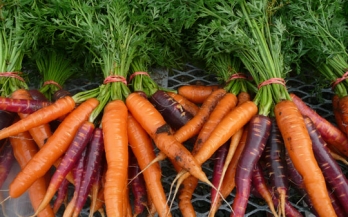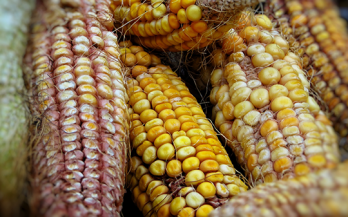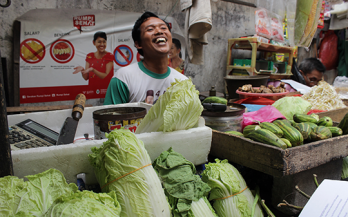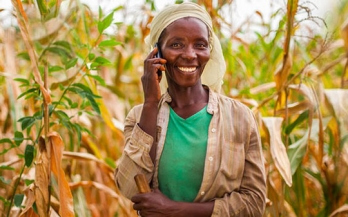- 09/10/2019
This factsheet highlights the vastly different levels of egg supply seen across African regions, selected African countries, and selected high-income countries. It discusses why eggs remain scarce and expensive in many low-income settings, including across much of Western, Eastern, and Middle Africa.
- 01/01/2018
This project is part of a wider initiative at GAIN on Innovative Finance and aims at assessing and sizing the financial needs of enterprises working along food value chains that could produce nutritious foods in Kenya and Tanzania with a particular focus on SMEs (small and medium sized enterprises) and food systems after the farm gate.
- 01/06/2016
The purpose of the survey was to assess the household coverage and potential contribution of fortified foods to the micronutrient intake among women of reproductive age in Tanzania.
- 01/11/2017
This report presents the results of that assessment and proposes a Consumption Monitoring and Surveillance Framework consisting of the various processes, phases, components, and domains that provide an enabling environment for this to happen.
- 12/04/2017
Household coverage with iodized salt was assessed in 10 countries that implemented Universal Salt Iodization.
- 12/04/2017
Large-scale food fortification (LSFF) of commonly consumed food vehicles is widely implemented in low- and middle-income countries. Many programs have monitoring information gaps and most countries fail to assess program coverage. The aim of this work was to present LSFF coverage survey findings from programs conducted in 8 countries between 2013 and 2015.
- 01/05/2018
This document makes the case for cities to increase their focus on policies and practices that improve the consumption of safe and nutritious food. Urbanisation contributes to shifts in lifestyle, consumption patterns and economic activities, which may lead to adverse outcomes in poor diet and nutrition.
- 01/01/2016
This summary report presents key findings and trends from nutrition landscape analyses undertaken across fourteen countries as part of the GSM Association Mobile for Development Nutrition Initiative funded by UK Department for International Development.







